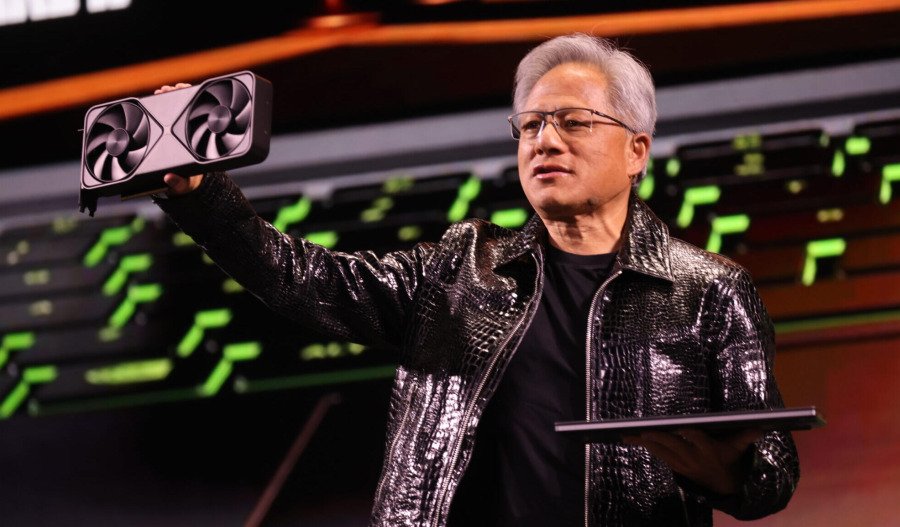Some United States technology stocks are not pricing in the risk of slowing growth, according to a major U.S.-based and ASX-listed fund manager.
GQG Partners (ASX: GQG) Chairman and Chief Investment Officer Rajiv Jain said the fund, which has US$161 billion (A$248 billion) under management, underweights these stocks and struggles to find companies that justify their high valuations.
He said that as a ‘bottom-up’ investor GQG’s job was to find investments that provided compound growth at a reasonable rate, which he defined as ‘high single-digit or low double-digit’ rates.
“I don’t see how that happens if you are paying very high multiples with slowing growth,” Jain told the Morningstar Investment Conference.
Many of the so-called ‘Magnificent Seven’ (Nvidia, Tesla, Microsoft, Alphabet, Amazon, Apple and Meta Platforms) companies were mature and had their own issues to deal with.
“As somebody said, this almost looks like the ‘nifty 50’ except from the 1970s,” he said, referring to the large blue-chip U.S. companies that investors were comfortable to buy at any price and holding in that era.
Jain said some tech businesses were “over-earning” and much more likely to face slower growth in the next three to five years while other businesses in that sector were comfortable with their albeit slower growth, and said, "we should do better".
He said Chinese artificial intelligence (AI) start-up DeepSeek’s announcement in January that it had created a large language model at a fraction of the cost of its larger competitors was a “pretty seismic event”.
It showed that "things can be done more efficiently” which would lower the long-run cost of computing but also that the revenue growth of some AI companies was likely to slow down from the high levels of the last two years.
Jain said earnings that had displayed “massive spikes" tended to peter out rather than be sustained over the long term.
“I think some of these stocks are not pricing that in,” he said.
At the time of writing QGQ shares were trading down 2.5 cents (1.11%) at $2.24, capitalising the company at $6.61 billion.



